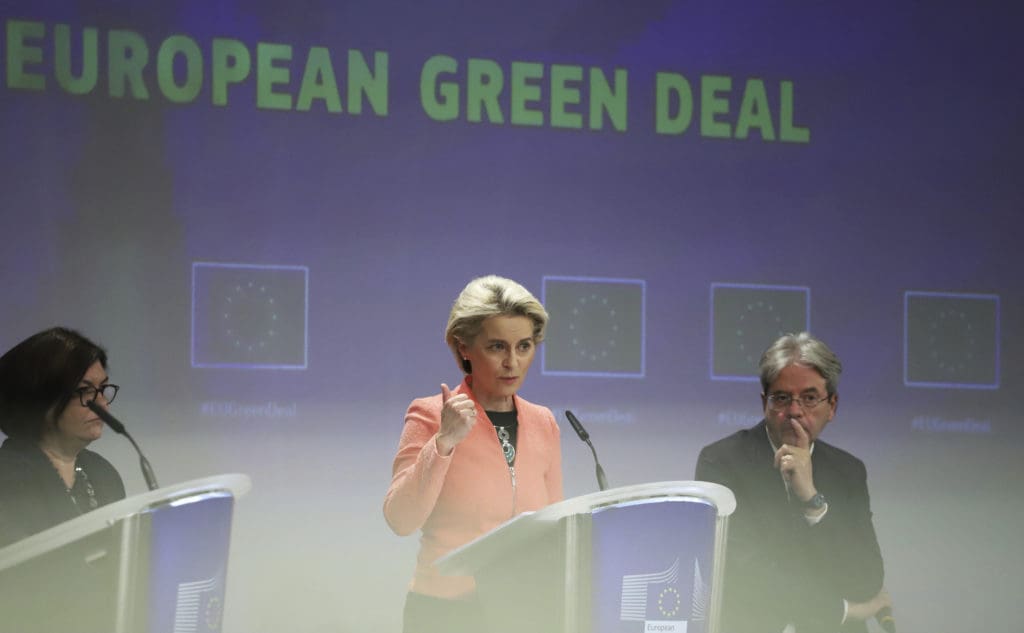Czechia has one last chance to defend itself against the revolutionary climate plans of the European Commission, also known as the Green Deal. At the last minute, Czech senators will debate the fundamental proposals in the Fit for 55 climate package, for which they can use the “yellow card.”
One of the most criticized proposals that would hit Czechia hard is the ban on the sale of cars with gas and diesel engines after 2035. The extension of emission allowances, for example, to buildings or other modes of transport, would also have a major impact. The planned agricultural strategy, which aims to reduce artificial fertilizers and reduce livestock farming, is also controversial.
There is a total of 13 proposals in the package, against which the member states can oppose. National parliaments have the opportunity to give a reasoned opinion, which amounts to a so-called “yellow card” scheme. However, at least a quarter of all individual parliamentary chambers in the EU must do so. Moreover, states cannot oppose the whole package but only individual proposals.

The Czech Senate has until Nov. 8 to decide whether it will issue the yellow card, which leaves the negotiations to the very last minute, to Friday, Nov. 5. However, Senate President Miloš Vystrčil claims that such timing is intentional and that the Senate will be able to discuss the issue. According to him, the reason for the late negotiation is the number of documents that need to be carefully reviewed.
In particular, the senators of the Committee on Economy, Agriculture, and Transport think that the senate should definitely use the yellow card. The chairman of the committee, Vladislav Vilímec, believes that the climate package could have a very severe impact on the functioning of energy and industry sectors in Europe.
“That is why we want to take a prudent approach to the new mechanisms that the very progressive climate policy of the European Union would bring. For the individual proposals, we will therefore require the submission of thorough impact studies on the Czech Republic and an assessment of the compliance of the proposals with the principle of subsidiarity,” says Vilímec.
Vilímec is also concerned that the European Commission is acting irrationally. According to him, it is starting to create policies in this area, which have little to do with rational behavior and responsibility for the state of the climate. He pointed, for example, to the problematic directive on energy efficiency.
Concerns about this directive are also shared, for example, by the Confederation of Industry of the Czech Republic. It warns that the proposed goals of energy efficiency and the share of renewable energy sources are not consistent and present a very costly way to reduce greenhouse gas emissions.
According to the Czech Chamber of Commerce, the Czech political representation is tackling the issue of European green plans very late. The Chamber’s representatives are therefore convinced that a yellow card could be issued for at least two or three measures in the Fit for 55 package, which pose the greatest risk to Czechia.
The Chamber of Deputies, which could have also come up with a yellow card, gave up this option in advance. The disagreement of Czech MPs would carry more weight than the dissenting opinion of the Senate, though.
Senate President Miloš Vystrčil also considers it unfortunate that the Chamber of Deputies did not deal with this.






